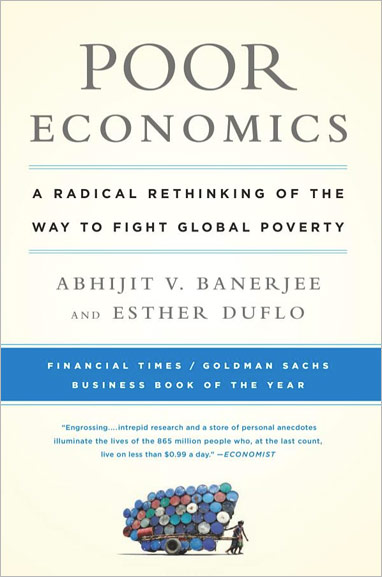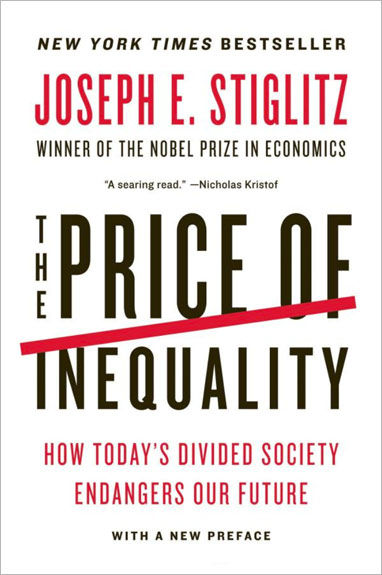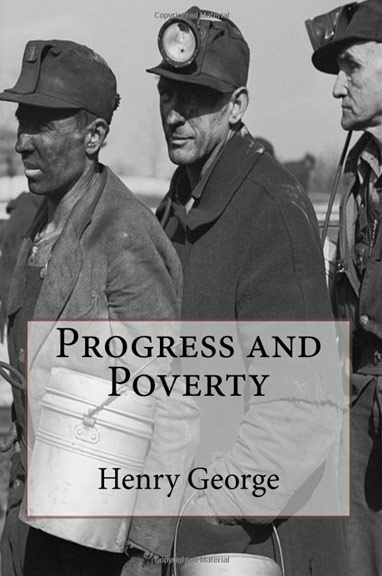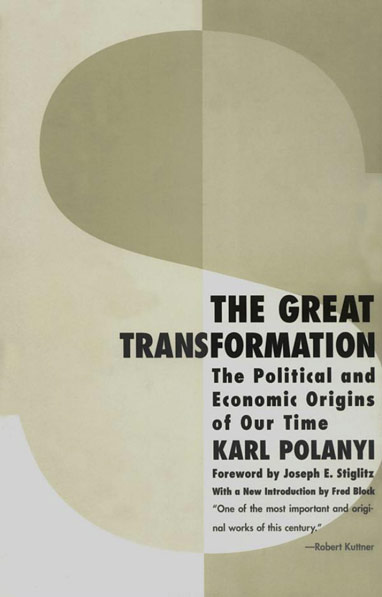Poor Economics: A Radical Rethinking of the Way to Fight Global Poverty
RECOMMENDED
by
Why do the poor borrow to save? Why do they miss out on free life-saving immunizations, but pay for unnecessary drugs? In Poor Economics, Abhijit V. Banerjee and Esther Duflo, two practical visionaries working toward ending world poverty, answer these questions from the ground. In a book the Wall Street Journal called “marvelous, rewarding,” the authors tell how the stress of living on less than 99 cents per day encourages the poor to make questionable decisions that feed—not fight—poverty. The result is a radical rethinking of the economics of poverty that offers a ringside view of the lives of the world’s poorest, and shows that creating a world without poverty begins with understanding the daily decisions facing the poor.
Descripción
“[Banerjee and Duflo] offer a refreshingly original take on development, and they are very aware of how they are bringing an entirely new perspective into a subject dominated by big polemics from the likes of Jeffrey Sachs and William Easterly… they are clearly very clever economists and are doing a grand job to enrich their discipline’s grasp of complex issues of poverty – so often misunderstood by people who have never been poor.” —The Guardian, April 11, 2011
“In an engrossing new book they draw on some intrepid research and a store of personal anecdotes to illuminate the lives of the 865m people who, at the last count, live on less than 0.99 a day.” —The Economist, April 22, 2011
“Marvelous, rewarding…’More Than Good Intentions’ and ‘Poor Economics’ are marked by their deep appreciation of the precariousness that colors the lives of poor people as they tiptoe along the margin of survival. But I would give an edge to Mr. Banerjee and Ms. Duflo in this area—the sheer detail and warm sympathy on display reflects a true appreciation of the challenges their subjects face… They have fought to establish a beachhead of honesty and rigor about evidence, evaluation and complexity in an aid world that would prefer to stick to glossy brochures and celebrity photo-ops. For this they deserve to be congratulated—and to be read.” —The Wall Street Journal, April 30, 2011





